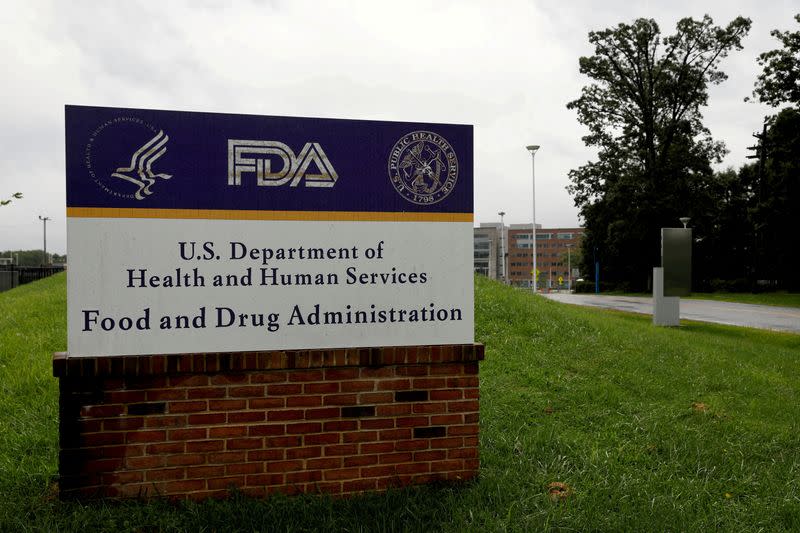US FDA approves expanded use of Sarepta's Duchenne gene therapy; shares jump

By Leroy Leo and Sriparna Roy
(Reuters) -The U.S. Food and Drug Administration allowed the expanded use of Sarepta Therapeutics' gene therapy for patients with Duchenne muscular dystrophy aged four and older on Thursday, sending the company's shares up 36% in extended trading.
The agency gave traditional approval to patients four years and above who can walk, as well as accelerated approval for those who cannot.
The gene therapy, Elevidys, had been dogged by regulatory delays and questions about its effectiveness, especially after it missed the primary goals of its late-stage trial.
The therapy failed to significantly improve motor function in patients aged four to seven, compared with placebo-treated patients at 52 weeks, but met all its secondary goals in the trial, with no new safety signals observed.
Debra Miller, founder and CEO of CureDuchenne, a nonprofit for patient support and DMD research funding, told Reuters before the decision that it was sometimes hard to track goals such as walk tests and endurance during play in patients.
"I believe, from a parent's standpoint, you could watch your child deteriorate and hope for something better, or you can take advantage of something now," Miller said.
DMD affects an estimated one-in-3,500 male births worldwide, according to the National Organization for Rare Disorders. It weakens skeletal and heart muscles, which quickly get worse with time, and patients often die of it by the time they are 25, according to the Cleveland Clinic.
The expanded approval was a "homerun scenario" for Sarepta, J.P.Morgan analysts said in a note.
The FDA gave accelerated approval to the therapy - the first of its kind for DMD in patients aged four to five years, who can walk - in June last year. Accelerated approval is a process that allows the agency to greenlight treatments before confirmatory data shows they work.
The expanded approval would likely require Sarepta to scale up its capacity, but CEO Douglas Ingram told Reuters the company was "in a good place from a manufacturing perspective".
Continued approval for the use of the therapy in Duchenne patients who cannot walk, however, may be contingent on the verification of clinical benefit in a confirmatory trial.
The company has said Elevidys should not be used in patients with certain mutations in the DMD gene.
Sarepta has partnered with Roche for commercialization of the gene therapy outside the United States.
(Reporting by Sriparna Roy and Leroy Leo in Bengaluru; Editing by Shailesh Kuber, Alan Barona and Pooja Desai)


